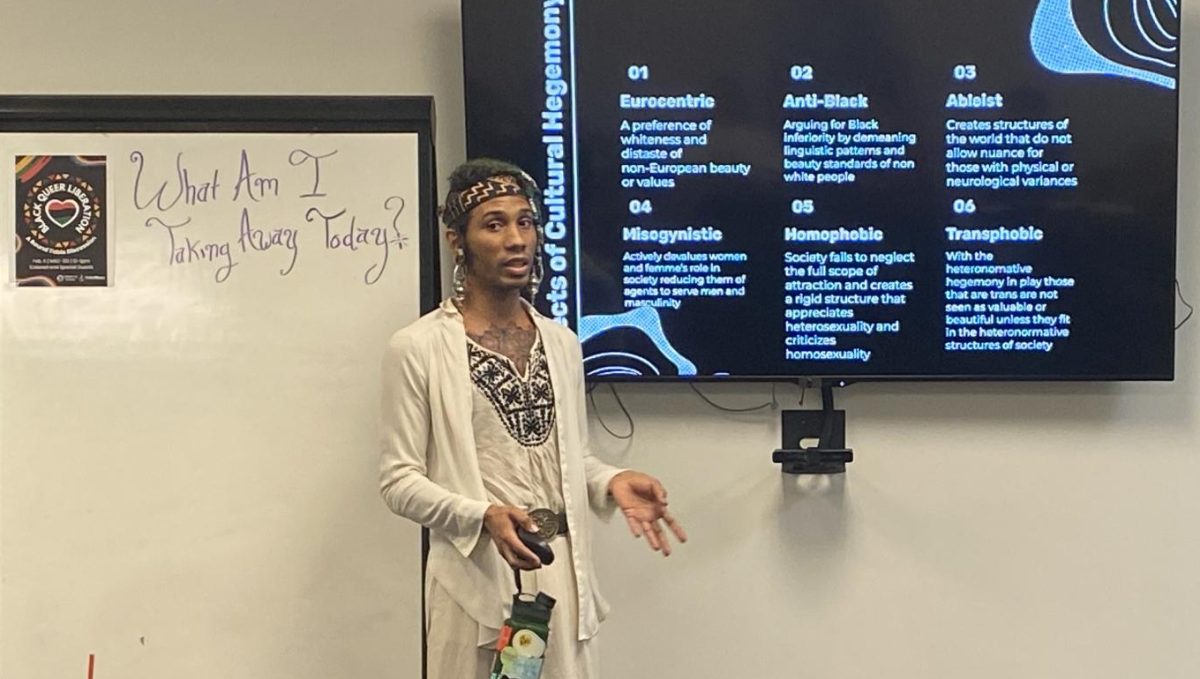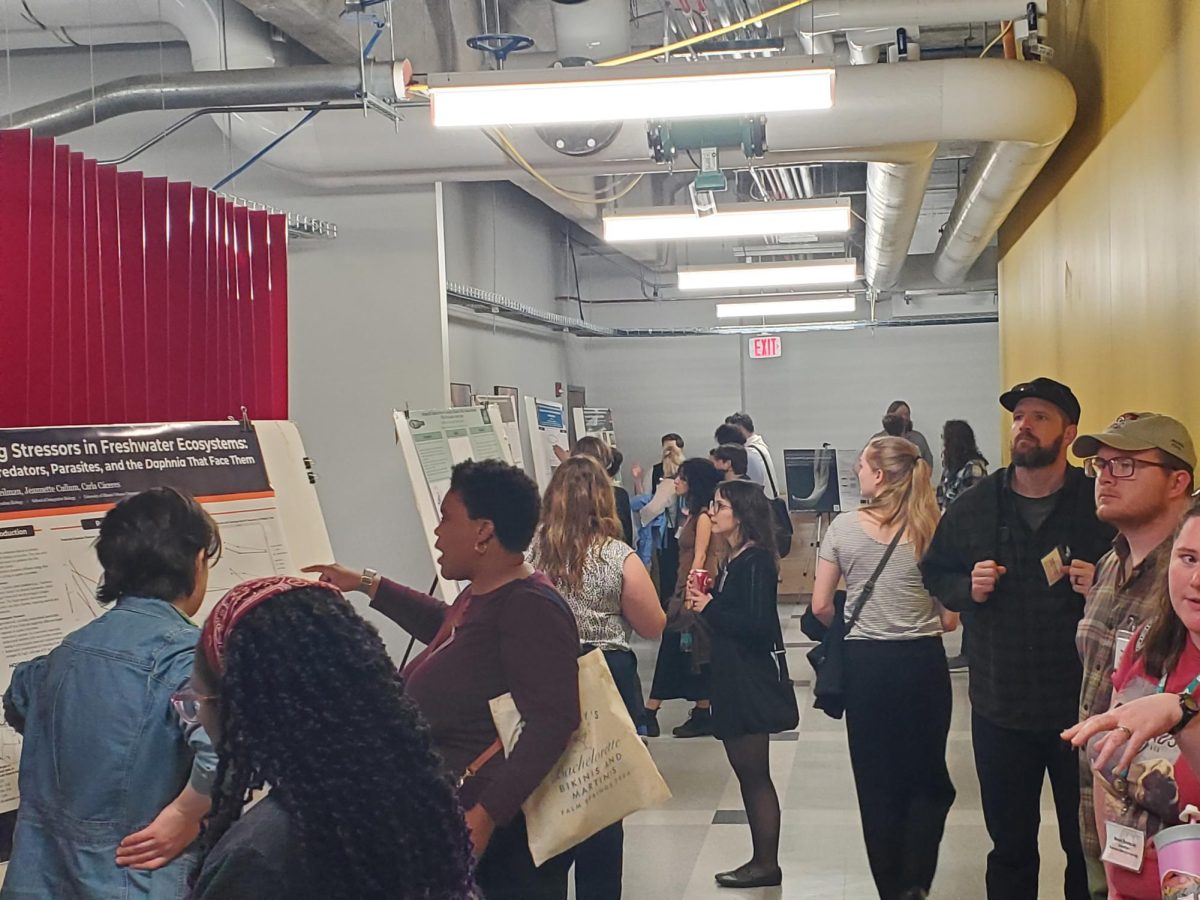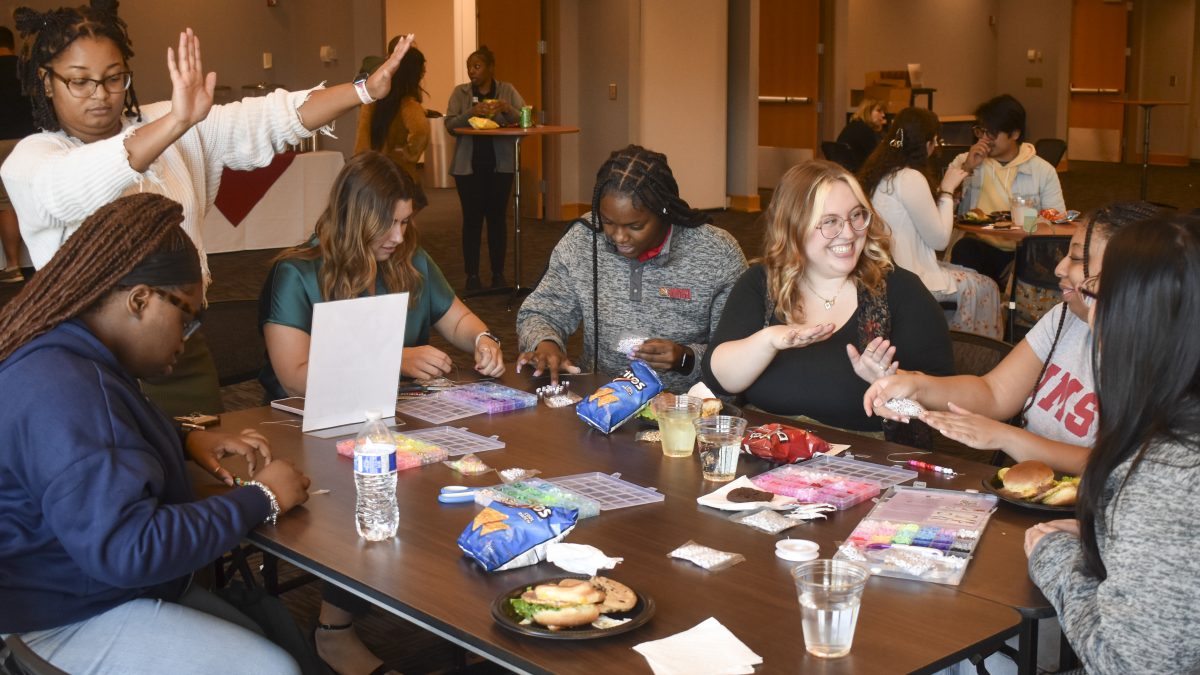As a student, one of the trickiest things to figure out is the school-work-life balance. The pursuit of a higher education degree is noble, but is by no means glamorous. The student journey is often romanticized through the lens of social and academic growth, but it’s rife with stressors, such as tough classes and meeting expectations of multiple professors at once. This comes on top of all of life’s stressors: relationships, finances, personal health challenges and familial responsibilities. Getting through college requires a strong sense of productivity in completing assignments, resilience in the face of setbacks and as much as possible, a solid foundation of well-being. While this trinity of ideas may seem impossible all at once, sociological and psychological research over the years has given us insight into how they are all connected.
Research has found people that are happier and feel valued tend to be more productive. To give an example, The School of Economics at Oxford University tested this at a call center. Employees were exposed to one of two treatments: exposure to outside weather (nature) or no outside exposure. They found that those with outside exposure to nature reported greater happiness on surveys, which then translated to greater sales numbers.
However, while the connections between happiness and productivity are evident in the working world, academia makes this more muddled. University students are generally at higher risk for mental health conditions like anxiety and depression. These students face a variety of challenges beyond a university’s control, such as lower socio-economic status and path of entry. Of the roughly 15,000 attendees, the University of Missouri–St. Louis houses a lot of non-traditional and first-generation students, many of whom have unique challenges distinct from college students in other parts of the country. In order to succeed against the odds, resilience is a must, as it is linked to higher graduation rates in students.
Resilience in school can be built in a number of ways. Research at the University of Ovierdo published in the Frontiers of Psychology Journal found that positive relationships created between teachers and students strongly contributed to positive academic results and completion of degree programs. Another study in the Journal of Open Health found that those who practiced more self-care behaviors were likely to have greater resilience and well-being. In addition to degree completion, other findings have connected resilience to stress and happiness. Past research has found that greater resilience largely, but not always, leads to more happiness and less stress.
Of course, while the scientific literature provides connections between productivity, resilience and happiness for work and school, it doesn’t tell students specifically what is needed to foster these qualities. But generally speaking, there are suggestions that could be mixed and matched to find what works best for the individual. First, having a strong support system can help mitigate difficult situations. In other words, surrounding oneself with people who uplift and nourish emotional well-being, particularly when times get tough. A part of this is engaging in a community (club, team, church group, etc), which acts as a preventative measure against anxiety and depression. Second, practicing self-care measures: regular exercise, eating healthy meals, healthy coping mechanisms such as talk therapy, music and getting out in nature can provide a reprieve from school and life stressors, even if in small doses. Ultimately, when basic mental health needs are covered and close connections are established, then students can face challenges at school with more resilience and happiness. This, in turn, translates to greater productivity, which moves them closer to their degree and overarching career goals.
Happiness, productivity and resilience in college students
From left to right: Linae Stuart, Corlia Spears, Allison Hermsath, Zariah Ware, Bailey Farrar, Tyler Smith, and Linh Mach making bracelets at the Stress Less Fest held by UMSL Student Outreach and Support, St Louis, Oct 2, 2024.
Story continues below advertisement
0
Donate to The Current
Your donation will support the student journalists of University of Missouri - St. Louis. Your contribution will allow us to purchase equipment and cover our annual website hosting costs.
More to Discover
About the Contributor
Jeremy Howard, Contributing Science Writer






















